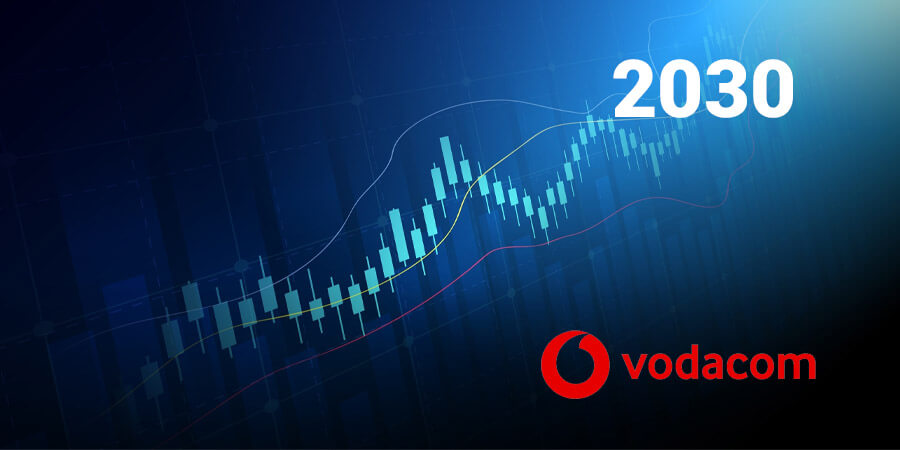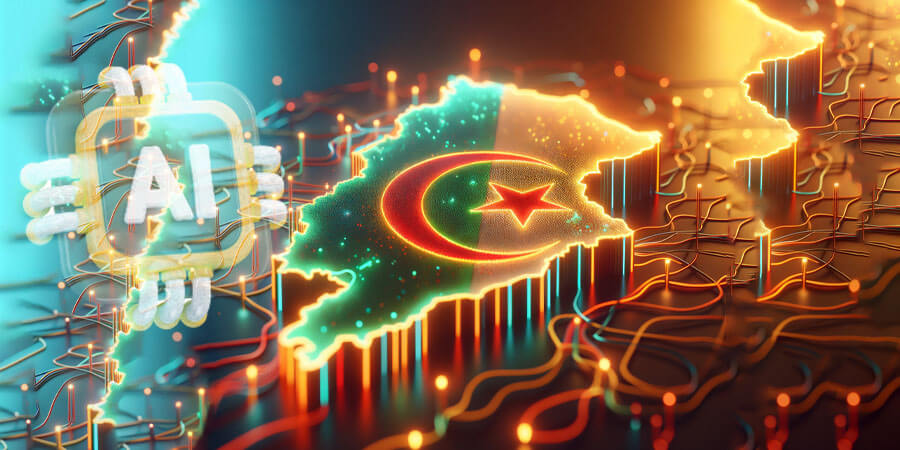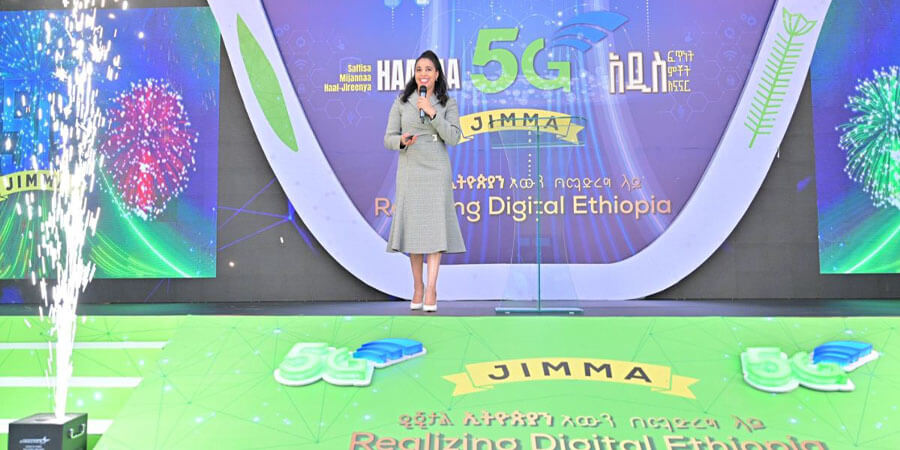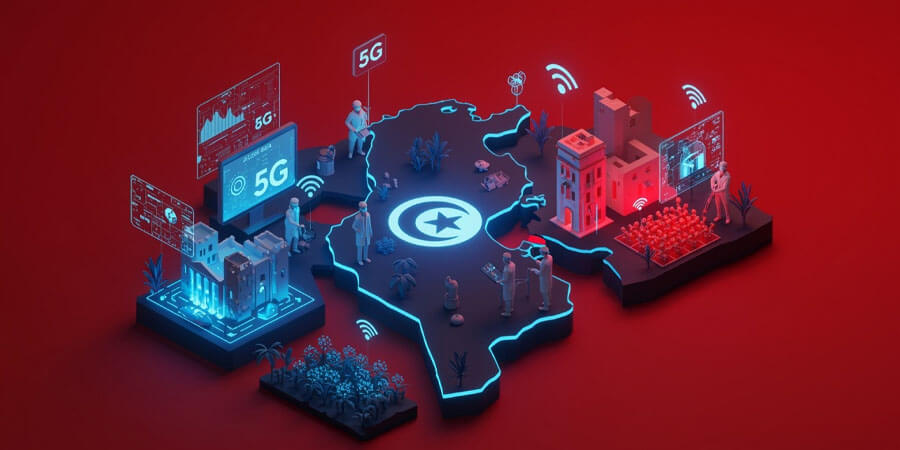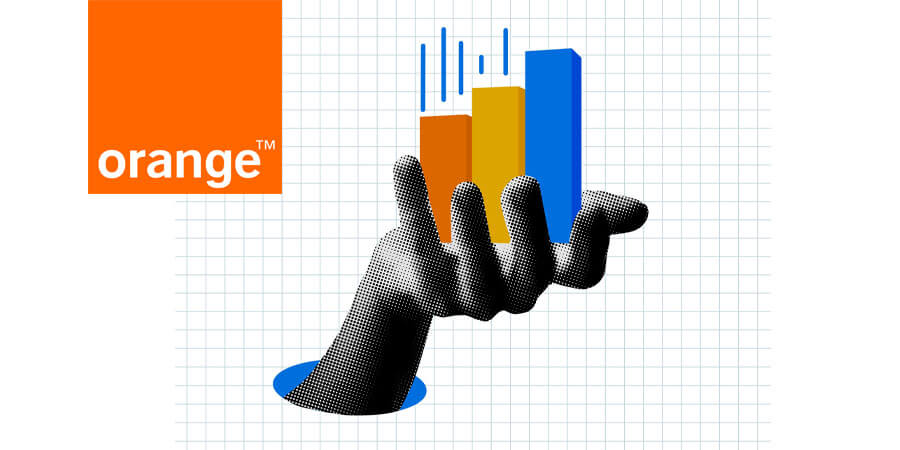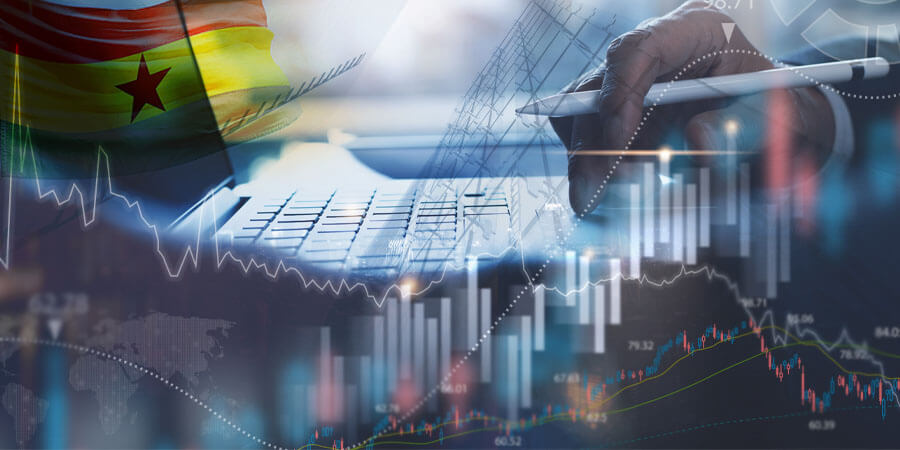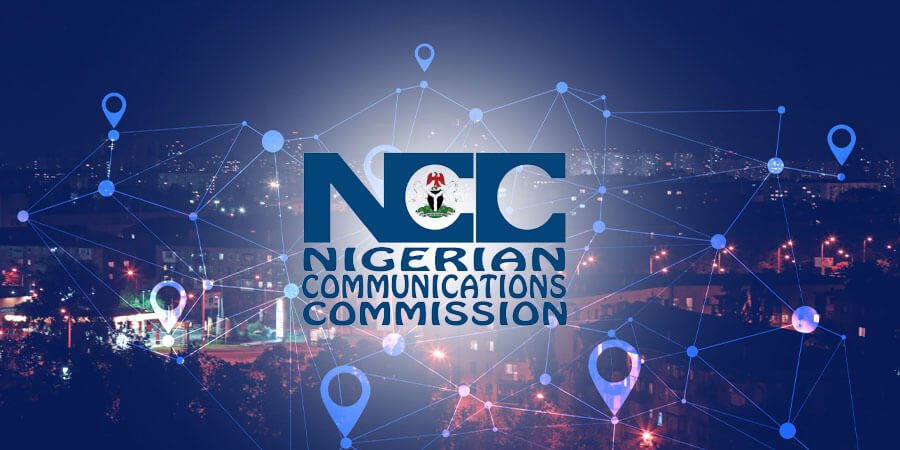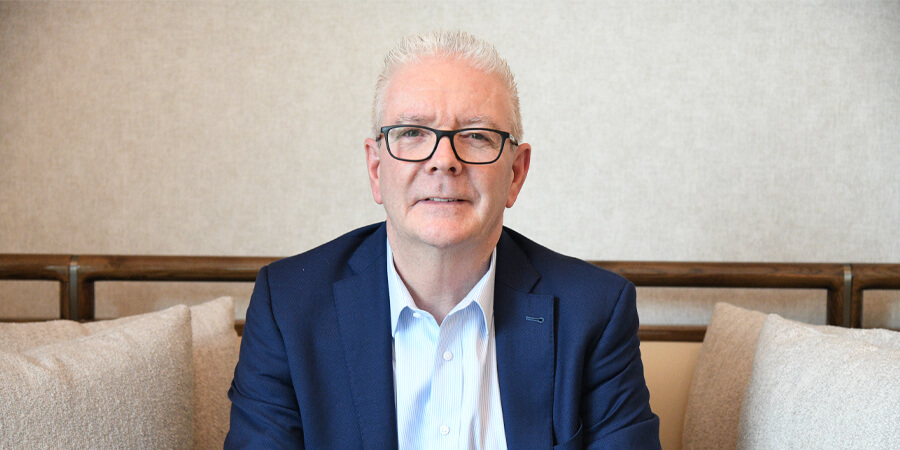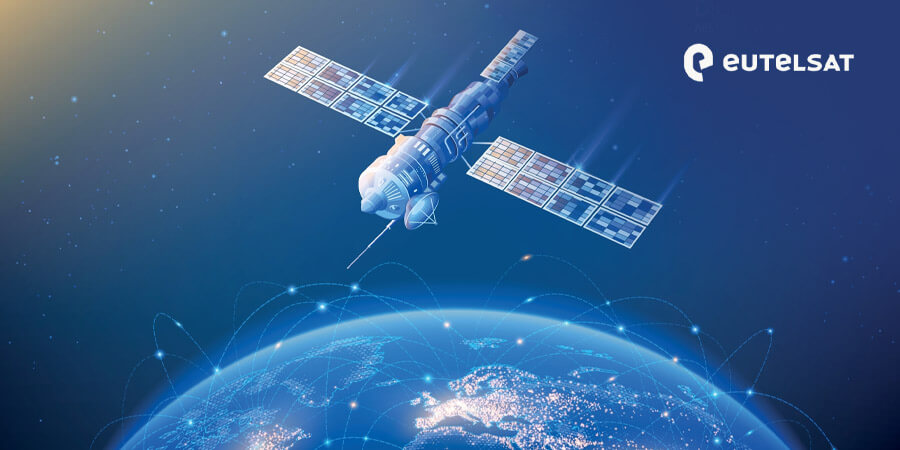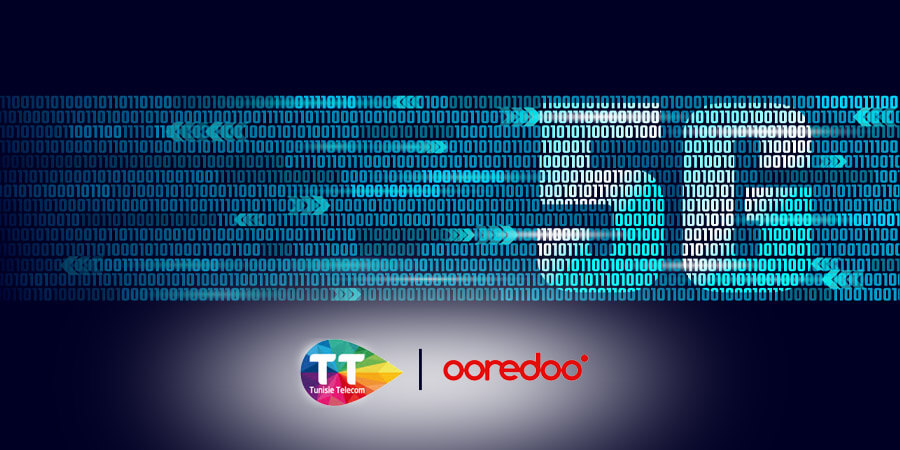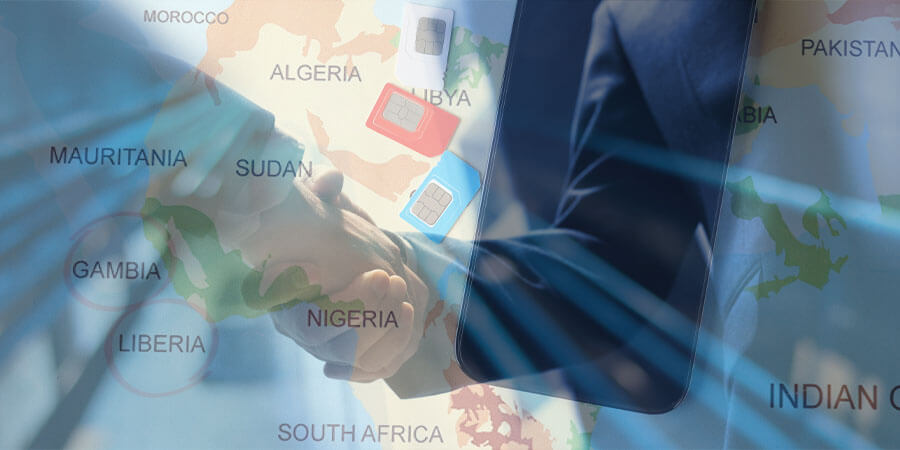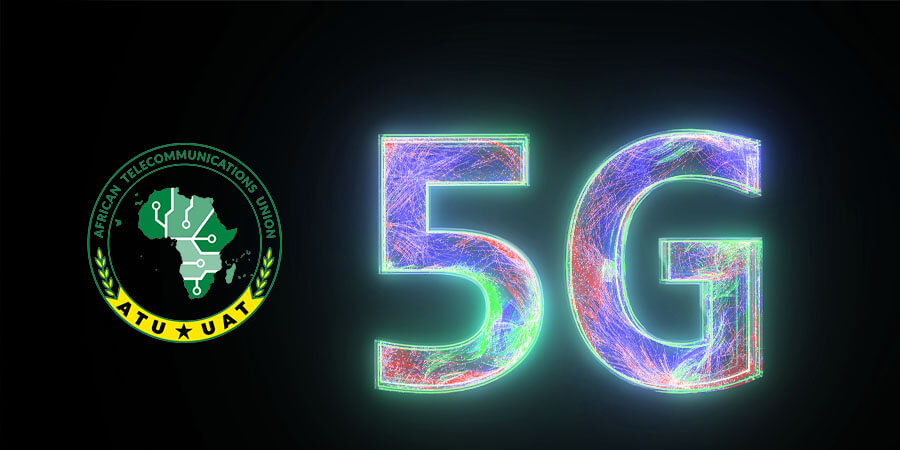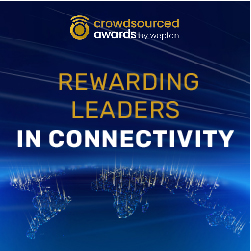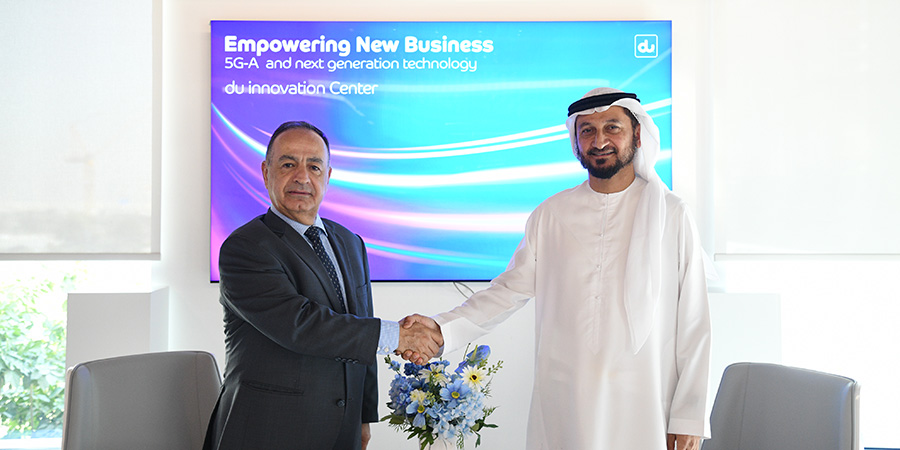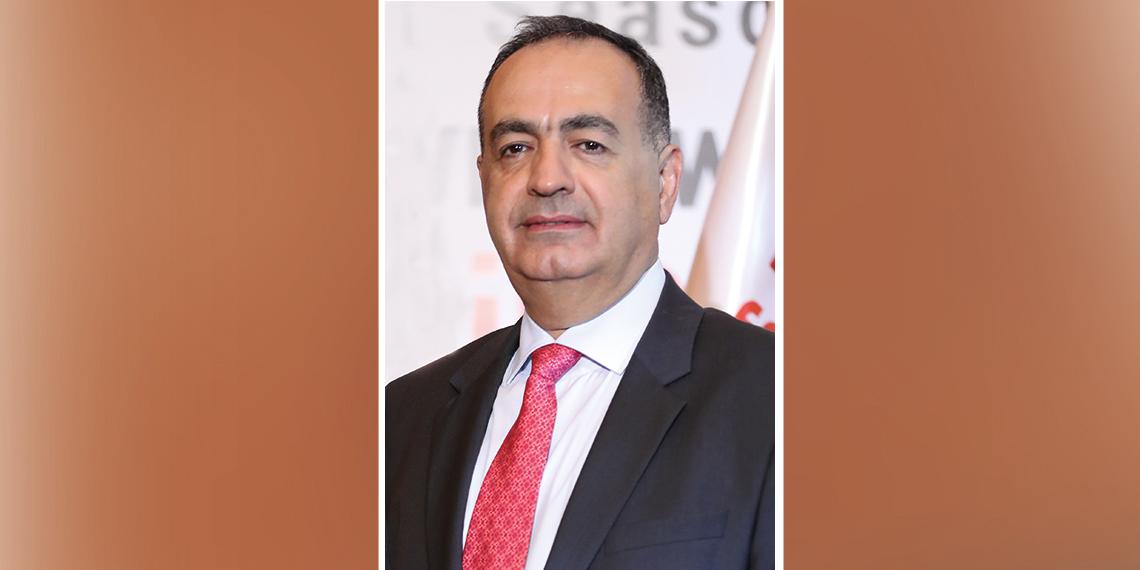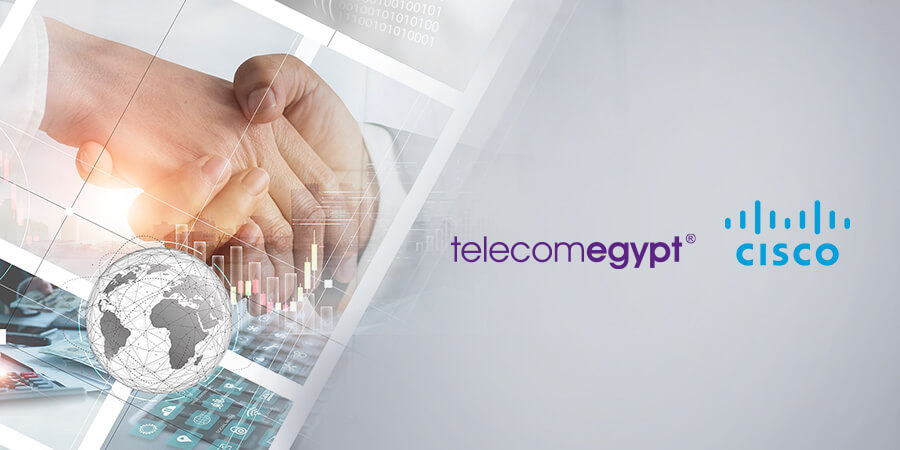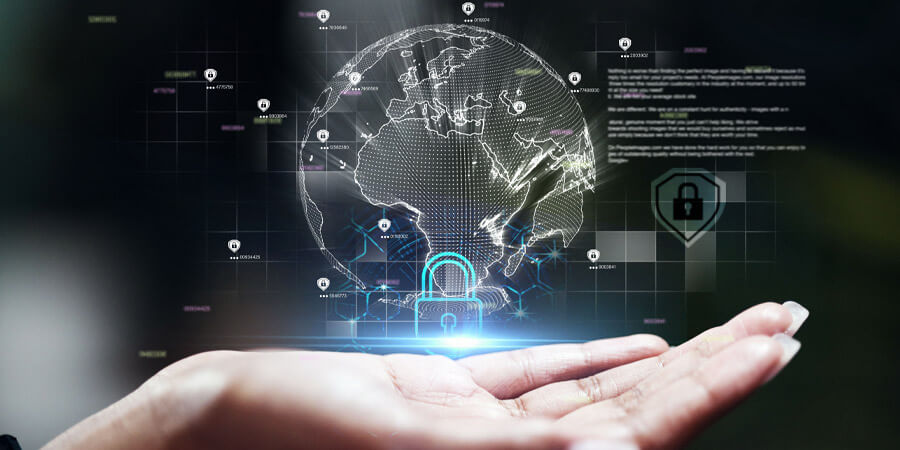For the last two years, "digital transformation" has been a hot topic and many companies within the ICT ecosystem have made it their goal to get digital.
Where are we going? Are we transforming our lives into digital, or only transforming the way we make a call or exchange data or video?
The digital life has evolved. Artificial intelligence is at the heart of this transformation, which will serve smart nations living in the future.
Federal banks should be involved in digital currency initiatives in order to be part of the revolution, or risk facing new OTTs who are becoming interested now too. Central and federal banks need to move quickly to secure their currency value, to be a secure and trusted currency against attacks from Bitcoin and other similar services such as PayPal and VISA One.
Talking about digital identity, governments have to move quickly to optimize this as digital transformation requires digital identity. M-government and m-mobile services for citizens will be more fluid with digital identity, which includes the whole of our lives under one IP, or one ID from civil information, to health, to legal, etc.
But in the end, securing our digital life is still a challenge as even the most sophisticated companies with high security implementation have been the target of hackers, from banks to social media and even email giant, Yahoo.
Data breaches are still one of the biggest challenges, and solving the mistrust of the digital world and more quickly deploying digital services into our daily life are key elements.
For sure, we await the digital generation to have fully digital citizens.





